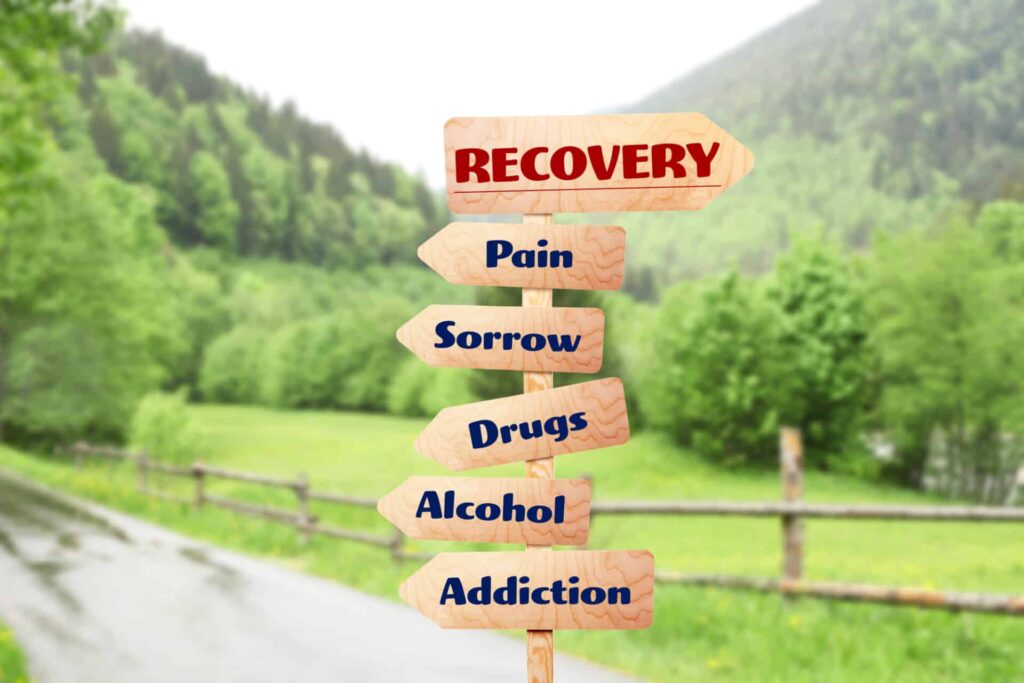A professional meth addiction treatment program can help break the cycle of substance use.
Key Kind Of Addiction Treatment: Browsing Alcohol Dependency Recuperation Through Evidence-Based Practices
In the world of alcohol addiction healing, the combination of Cognitive-Behavioral Treatments (CBT) and Medication-Assisted Treatment (MAT) notes a pivotal stride towards effectiveness and patient-centered care. When these evidence-based techniques are supplemented with holistic techniques, such as mindfulness and dietary assistance, they create a durable structure for therapy.

Understanding Cognitive-Behavioral Treatments in Alcohol Dependency Recovery
As alcoholism recuperation progresses, cognitive-behavioral therapies (CBT) have become a foundation in effective therapy techniques. CBT operates on the concept that maladaptive actions, such as extreme drinking, are driven by useless thoughts and ideas. Therapy concentrates on identifying these negative patterns and training individuals exactly how to test and replace them with even more useful reasoning. This therapy is not just regarding managing actions however also improving cognitive processes, which can lead to continual soberness. Procedure typically involve sensible skills training, such as dealing strategies for taking care of yearnings and anxiety management strategies. The adaptable nature of CBT enables it to be customized to the distinct requirements of each individual, improving its effectiveness in the realm of alcohol recuperation.

The Role of Medication-Assisted Therapy in Handling Withdrawal and Cravings
Medication-assisted treatment (FLOOR COVERING) plays a crucial function in the monitoring of withdrawal symptoms and food cravings in people recovering from alcoholism. Floor covering involves the use of FDA-approved drugs such as naltrexone, disulfiram, and acamprosate, which help decrease the physical and mental prompts to drink, promoting a smoother and much more workable detoxing procedure. These medications run by modifying brain chemistry to decrease the rewarding impacts of alcohol, stabilize mood swings, and lower physiological dependancy. This medicinal method, when incorporated with counseling and behavior modifications, improves the opportunities of long-term recuperation. Such integration sustains the retention in treatment programs and contributes dramatically to stop regression, marking floor covering as a keystone of effective alcoholism therapy.

Integrating Holistic Approaches With Conventional Therapies for Comprehensive Care
While medication-assisted treatment gives a fundamental technique to alcohol recuperation, incorporating alternative techniques with typical treatments uses a much more extensive care version. This synthesis makes it possible for the therapy of the entire person, look at here now dealing with not only the physical aspects of addiction yet likewise the mental, emotional, and spiritual dimensions. Techniques such as mindfulness, yoga, and acupuncture complement cognitive-behavioral therapy (CBT) and group sessions, sustaining anxiety reduction and emotional law. Nourishment and workout programs additionally improve physical health and wellness my website and durability. By combining these varied strategies, therapy programs can customize interventions to specific demands, promoting an extra sustainable recovery. This incorporated approach emphasizes the relevance of a complex technique in the reliable treatment of alcohol addiction.
Conclusion
In conclusion, reliable alcohol addiction recovery leverages a mix of evidence-based methods. Cognitive-Behavioral heroin treatment centers Therapies reframe adverse thinking, while Medication-Assisted Treatment takes on the physical obstacles of withdrawal and yearnings.